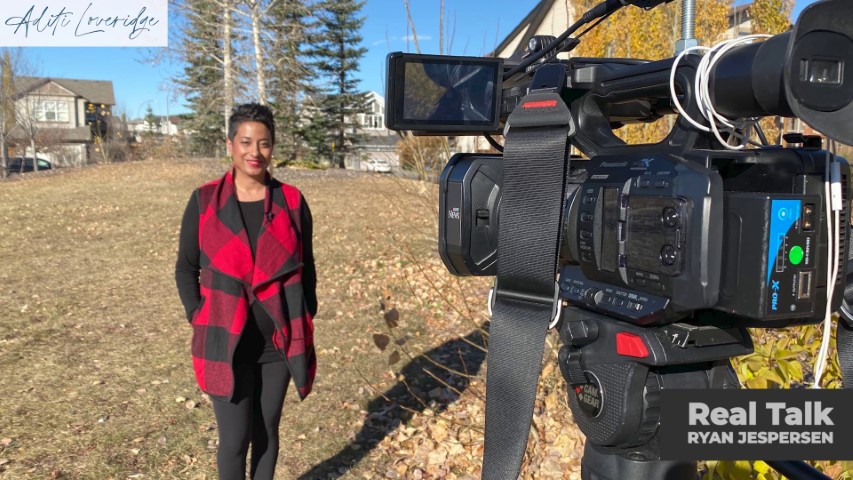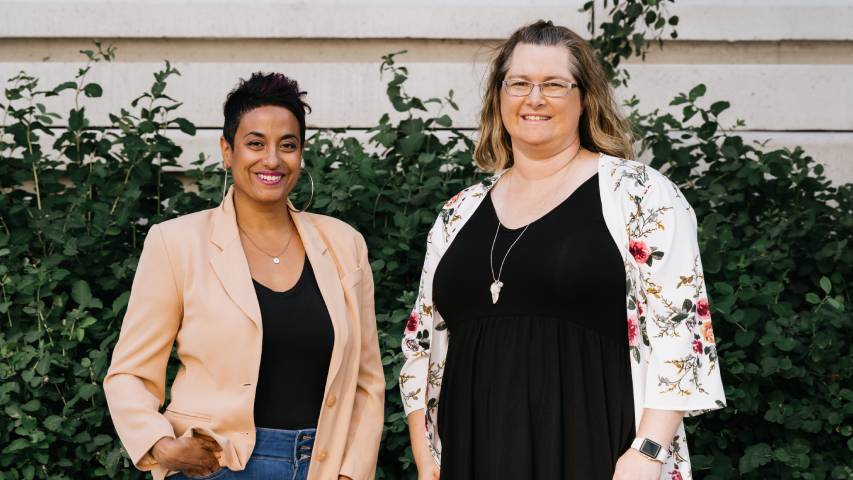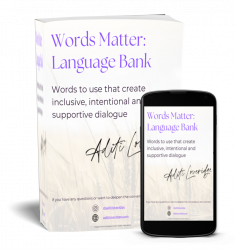Consulting
Hire me for your organization or business
Consulting
Hire me for your organization or business
Are you starting a business or a non profit?
How I can help
With my experience and guidance you will leave working sessions with more confidence, a clear path and next steps to take your ideas forward:
- Identifying support gaps for the Pregnancy & Infant Loss Community
- Help coaches develop their skills
- Building niche communities
- Starting for-profit business where gaps are identified
- Starting non profit and registered charity
- Fundraising and grant writing to scale your nonprofit or charity
- Creating balance for yourself so that you can continue to serve
- Creating equitable spaces
- Building teams representative of the diversity in communities
- 2SLGBTQIA+ affirming workplaces and communities
- Advocating at government levels for systemic change
Some of my work
Please watch the video below to see a highlight of my work!
0:00 Hi, my name is Aditi Loveridge. I am a speaker and advocate. I create space to have difficult and honest conversations about pregnancy and infant loss.
0:08 This video is a media highlight reel of some of the appearances that I have made. I hope that you join me in changing the narrative around pregnancy and infant loss. I know everyone on this summer right now has Ret has seen. An article on Google that says the top five things to not say or to say to someone who’s having fertility or has had a had a loss rate. We’ve all seen those articles who do you think is reading those articles. It’s us the people that are experiencing and ninety nine percent of the time. There’s that one percent of support people that are reading it because they actually want to learn about how to better support us, but often times it’s us, and when we read those articles all it does is make us angry like Yes. We see at Jane. You shouldn’t have asked that question didn’t
0:57 see, and I wasn’t supported that way, so it makes us a angry, and so the thing is if we are always being asked, and we’re not speaking our truth and people who haven’t experienced this and they don’t understand the profound impacts of it and we’re not speaking our truth about it. How does that change? How does anything change because those are the things that people in society are not talking? About like Ma, this entire center and my coaching business was started because of my pregnancy after loss when I got pregnant after my first my two losses, when it got pregnant for the third time with my now living child, that was seriously the most intense.
1:43 Anxiety provoking Fairfield time of my life and it took me
1:50 by surprise it because everybody just saw me and was like okay like you’re pregnant. You haven’t made it this far congratulations and I remember sitting at my baby shower, and in hindsight I really should not have had a baby shower at all and but I remember sitting at the baby shower surrounded by people who love me and. Close to me and had, I had never felt more alone in my life, Because inside I was so anxious, I thought that having the baby shower was going to result in me losing this pregnancy, for sure,
2:25 and I was, so I became so disconnected from my pregnancy that it ended up trickling into my post partum and I had severe postpartum anxiety, and because when we experience loss, we then filter are we have a lens of loss and everything gets filled. It’s through that the boss. We no longer can be that person that is like it doesn’t happen, Cause it does happen and it’s terrifying and and it still stays with me. My my child is is eight years old, and when he gets sick, or when there’s something that happens and co fed. Let’s say right when you’ve been that one percent
3:07 rate when you’ve had complications like a topic. Pregnancy, it’s super rare statistically, but it happened to me. You start to think of it things so differently and that’s what I mean by these. These impacts stayed with you. Forever on your parenting journey as a woman of color, and having experience, so I experienced the systemic racism. I almost died with my ectopic pregnancy, due to medical mismanagement, and based on the color of his skin, and and that really impacted how I navigated that journey after all, and then when I was looking for support, there was no spaces that represented me there. Whereas spaces that did not identify the intersections that the color of my skin had with my loss, we know that marginalized people do experience medical mismanagement, and that’s going to complicate air healing and their grief recovery journey, and so when I moved through that space, there was nothing, so I, I, there were things shouldn’t say they were stopping. There were things available, but they separated my pregnancy and infant loss, and didn’t actually.
4:24 Intersection issue how they were very much related and and complicated things further for me is that I think the stigma is mostly around the impacts on our mental health. When we experience pregnancy and infant loss. Society still does not acknowledge pregnancy and infant loss as a
4:46 tangible meaningful loss. It’s like well, how can you warn somebody that you didn’t? Quote unquote, get me or build a relationship with. And so I think when we experience pregnancy and infant loss, and we are experiencing grief, and we are being impacted on like our mental health is being impacted. Then we really feel like there’s something wrong with us Because the messaging that’s out there as it’s been three months like you should be good or just try again. You’re fine. You can get pregnant or you have other children and you’re fine, and so when you’re not fine, then there’s a stigma of like what is wrong with me or first pregnancies. Were my in – laws Son, and then my, I thank you, and then my third pregnancy with my now six year old and I was very disconnected. I was super anxious. I couldn’t connect to the baby to the pregnancy, and it wasn’t until my child turned a year old that I realized I had missed it. All I had severe postpartum anxiety and I just didn’t want other people to experience that those losses impacted me drastically. It’s a deeply profound loss and. I just didn’t want other people to experience that I wanted people to have that support and to have these conversations





